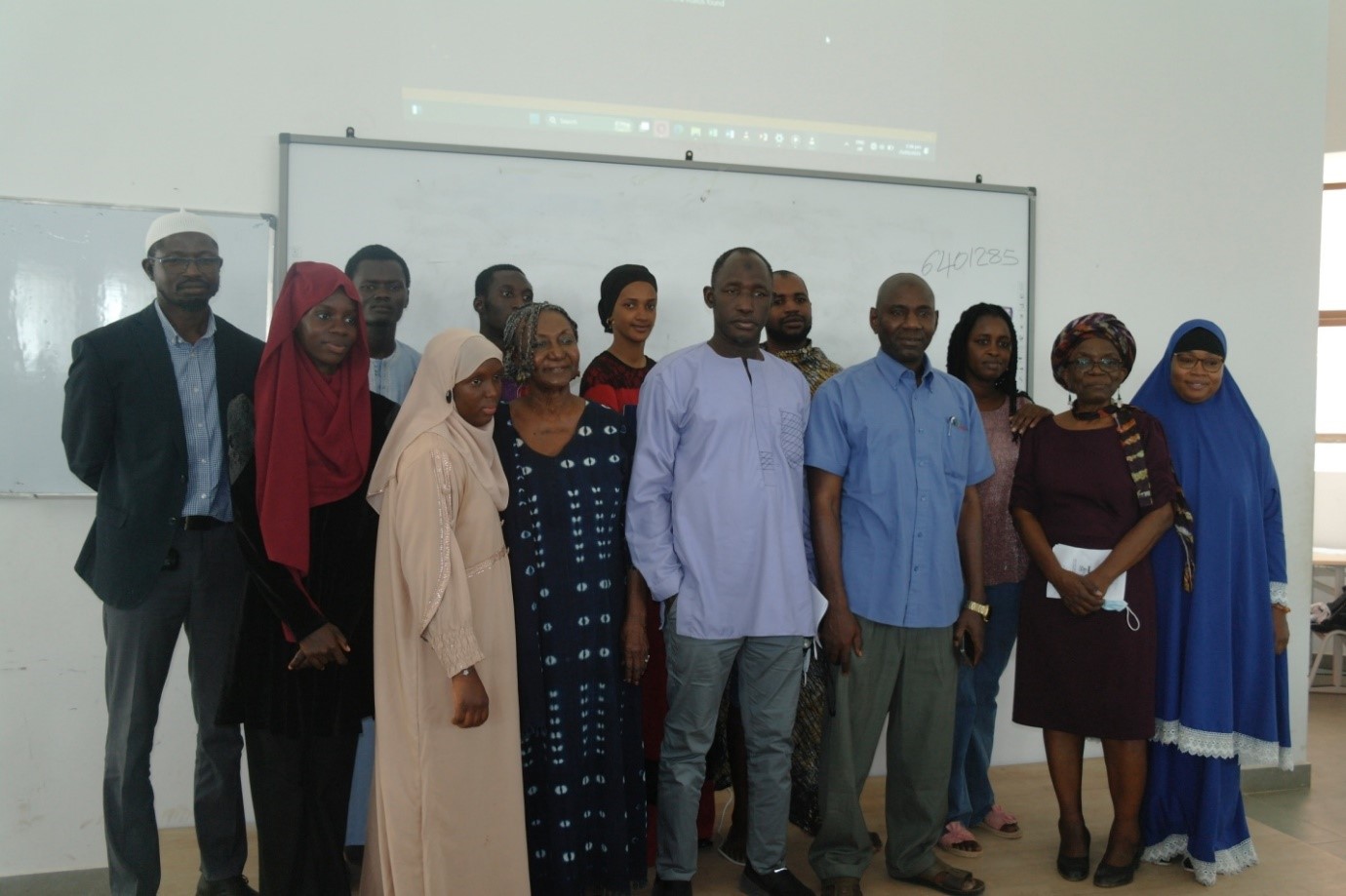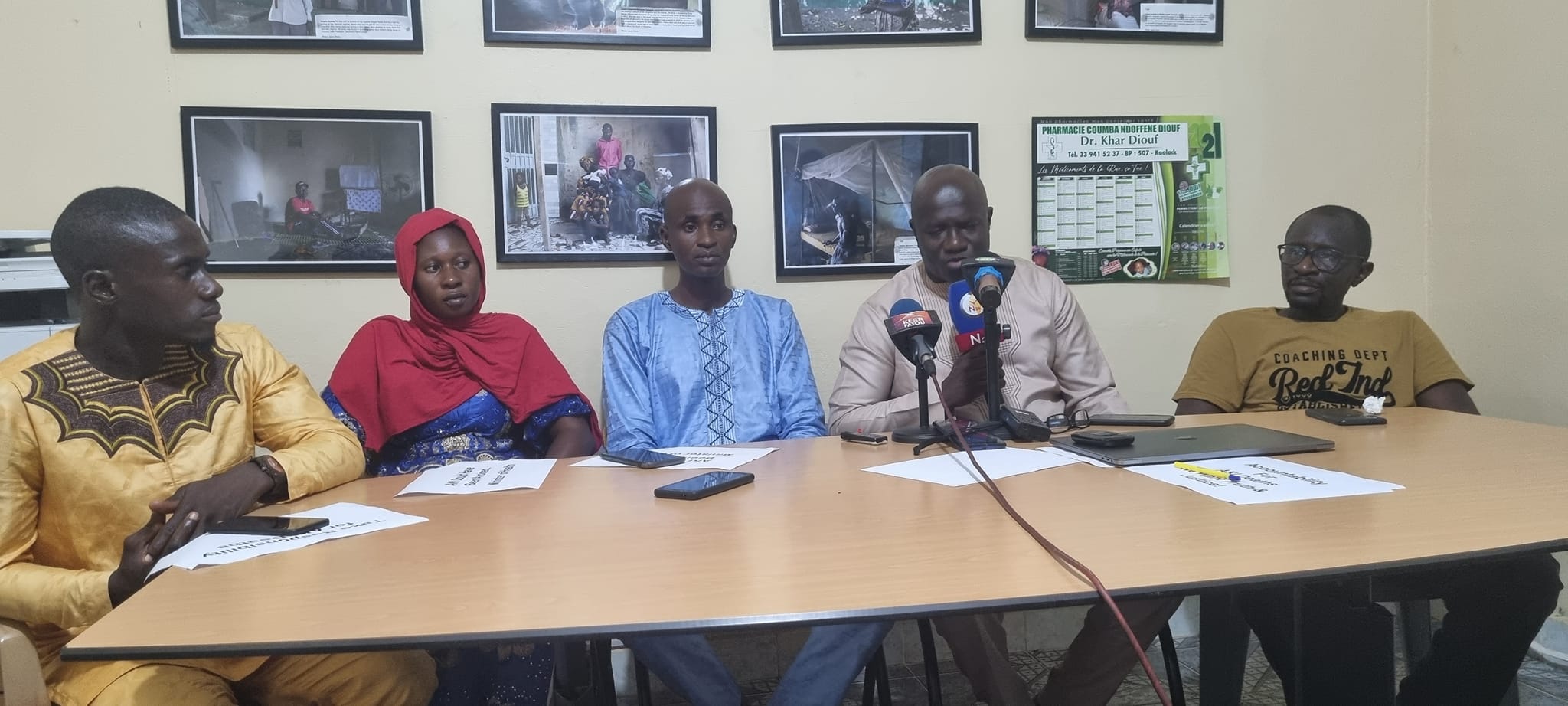By: Fatou Krubally
As The Gambia marks its 60th Independence Anniversary on February 18, 2025, the voices of those who lived through colonial rule offer a powerful reflection on the journey from oppression to sovereignty. These firsthand narratives filled with struggle, resilience, and hope bring to light the realities of life under colonial rule, the resistance that fueled independence, and the day-to-day experiences of ordinary Gambians who endured systemic discrimination.
Life Under Colonial Rule: A Daily Struggle
The colonial period in The Gambia was marked by harsh economic conditions, social segregation, and political oppression. Many elders who lived through this era recall how colonial policies were designed to exploit Gambian resources while limiting opportunities for its people.
Ba Nyakas Sidibeh, who worked as a state house guard during the colonial era, remembers how the colonial system was structured to benefit the British authorities at the expense of Gambians. “The white people took almost half of our development because of the taxes we paid. The Seyfos would collect taxes from us, hand them over to the colonial administrators, and they would take their commission before anything else. It was an unfair system designed to keep us poor,” he explains.
Economic hardship was a direct result of colonial policies. The British administration imposed heavy taxes, forcing many Gambians to grow groundnuts a cash crop that benefited European companies but left locals struggling to afford food and basic necessities. Hassoum Ceesay narrating the situation said, “They were forced to grow groundnuts to pay taxes, and then they had to buy imported food with whatever little money they made. That mentality of dependency on importations of what we need is something that is still affecting The Gambia today.” For women, the burden was even greater. Aunty Neneh, a respected elder from Bakau, recalled the difficult decisions her mother had to make. “My mother and the other women in our village would gather to discuss how to resist the unfair taxes. Sometimes, they hide their earnings or refuse to sell their crops to colonial traders. They knew they were being cheated, but they had no choice,” Aunty Neneh explained.
Stories of Resistance: Defying the Colonial System
Despite the oppression, Gambians found ways to resist. Some refused to pay taxes, while others joined underground movements disguised as youth or religious groups. Political parties were banned, but the fight for independence continued, in different forms.


Ba Landing Jatta,
Ba Landing Jatta, who served as a Special Police Officer during the independence celebrations, described how the growing frustration among the people led to widespread defiance. “There were places we couldn’t go, clubs we couldn’t enter. Even drumming was banned in some areas because it ‘disturbed’ the white people. But we found ways to resist. We refused to be silent.”
Women played a crucial role in this resistance. Augusta Jawara, Co-founder of the Women’s Contemporary Society, was instrumental in mobilizing women to demand their rights and advocate for independence. The Women’s Federation, another significant organization, provided a platform for women to express their grievances and push for change.
According to research published in the African Studies Quarterly, women were among the most active participants in the independence movement, organizing protests, educating communities, and even running for office despite the colonial system’s attempts to silence them. (asq.africa.ufl.edu).
Discrimination and Segregation: The Reality of Colonial Life
The British administration enforced racial segregation in almost every aspect of life. Certain areas, such as Marina Parade and Cape Point, were restricted to white residents. Gambians were not allowed to access these areas freely, and those who attempted to enter faced severe punishment.
Even social activities were divided by race. “The Bathurst Club was only for white people,” Hassoum Ceesay recapped. “Cricket games were for the Europeans; Gambians were excluded. These were clear lines drawn to show who was in power,” he added.
The discrimination extended to employment as well. No matter how qualified an African was, they would always be subordinate to a less-experienced British officer. “Edward Francis Small and other elites were highly educated, yet were treated as second-class citizens in their own country,” historian Ceesay disclosed, and continued “This fueled their determination to fight for independence because they knew colonial rule would never give them the respect they deserved.”
The Fight for Independence: Leaders Who Paved the Way
The path to independence was neither straightforward nor without challenges. The Gambia, a small West African nation, was under British colonial rule for over a century. During this period, Gambians faced numerous oppressive policies designed to suppress dissent and maintain colonial dominance.
One such policy was the 1946 Press Ordinance, which mandated that editors of local newspapers, including The Gambia Outlook, The Gambia Echo, and The Gambia Weekly News, pay exorbitant deposits equivalent to over a million dalasi today before they could register their publications. This law was met with widespread outrage. Historian Hassoum Ceesay cited that “Everybody in Bathurst, in Bakau, in Serrekunda wrote a petition to complain to the Governor that this law is bad; it should not be propagated.” This collective dissent highlighted the growing dissatisfaction among Gambians and ignited a fervent desire to end colonial rule.
The road to independence was not easy, and it took the relentless efforts of several Gambian leaders to challenge British rule and secure sovereignty. Among the most notable figures was Edward Francis Small, regarded as the father of Gambian nationalism. Small was a trade unionist and activist who fought for workers’ rights and press freedom. He was instrumental in organizing strikes and protests against colonial exploitation, founding The Gambia Outlook and Senegambia Reporter, a newspaper that exposed colonial injustices.
Another key figure was Sir Dawda Kairaba Jawara, who led The Gambia to independence as the first Prime Minister before becoming the country’s first president in 1970. Jawara, a veterinarian by profession joined politics under the Protectorate People’s Party (later the People’s Progressive Party) and advocated for a united and self-governing Gambia. Reverend J.C. Faye, a fierce advocate for independence, played a crucial role in challenging British rule. As the first Gambian to form a political party, the Gambia Democratic Party, he set the stage for political activism. Though his party did not gain much support, his efforts were instrumental in paving the way for the independence movement.
Pierre Sarr N’Jie, leader of the United Party, was another political figure who contributed to the constitutional debates leading up to independence. Though he had a more conservative approach compared to Jawara, his role in negotiating with the British government was significant. Other key figures included Garba Jahumpa, a strong nationalist and political leader, and Ibrahim Garba-Jahumpa, who played a pivotal role in the legislative council.
The struggles of these leaders were met with challenges. Colonial authorities sought to suppress political movements by imposing harsh restrictions. Newspapers were censored, political gatherings were banned, and activists were threatened with imprisonment. The infamous 1946 Press Ordinance forced local newspapers to pay heavy deposits before they could operate, leading to outcry and resistance from journalists and activists.
Despite these challenges, Gambians remained determined. Protests, petitions, and relentless lobbying in the legislative council eventually led to the historic moment on February 18, 1965, when the Union Jack was lowered, and The Gambia was finally free.

The Night of Independence: A Moment of Triumph
After years of struggle, The Gambia finally gained independence on February 18, 1965. The night before independence, anticipation and excitement filled the air. Ba Landing Jatta, who was on duty that night, recalled the historic moment.
“We were all at McCarthy Square, waiting for midnight. Five minutes before 12, we prepared to lower the British flag. The moment it came down and the Gambian flag was raised, it was as if a weight had been lifted off our shoulders. We had finally won our freedom,” Ba Landing Jatta said joyfully.
Ba Nyakas Sidibeh shared a similar sentiment. “The joy was indescribable. We stood there, watching as The Gambia became independent. That night, we felt like we had taken back what was ours.”
Looking Back, Moving Forward
Sixty years later, The Gambia has made significant strides, but the scars of colonial rule still linger. Economic challenges, political instability, and social inequalities remain, but the resilience of the Gambian people continues to push the nation forward.
Reflecting on the journey, President Adama Barrow, in a previous Independence Day speech, emphasized the importance of unity and development. “Our journey has been long and challenging, but our spirit remains unbroken. Together, we will continue to build a Gambia that reflects the dreams and aspirations of all its citizens,” President Adama Barrow said in one of his previous independence speeches.
As The Gambia celebrates its Diamond Jubilee, the voices of the colonial generation remind us of the sacrifices made and the strength it took to achieve independence. Their stories are not just historical accounts; they are lessons in resilience, determination, and the enduring fight for justice.
For young Gambians today, these narratives serve as a call to action to preserve the hard-won freedom, to learn from the past, and to continue striving for a better future. The struggles of the past should never be forgotten, for they are the foundation upon which The Gambia stands today




